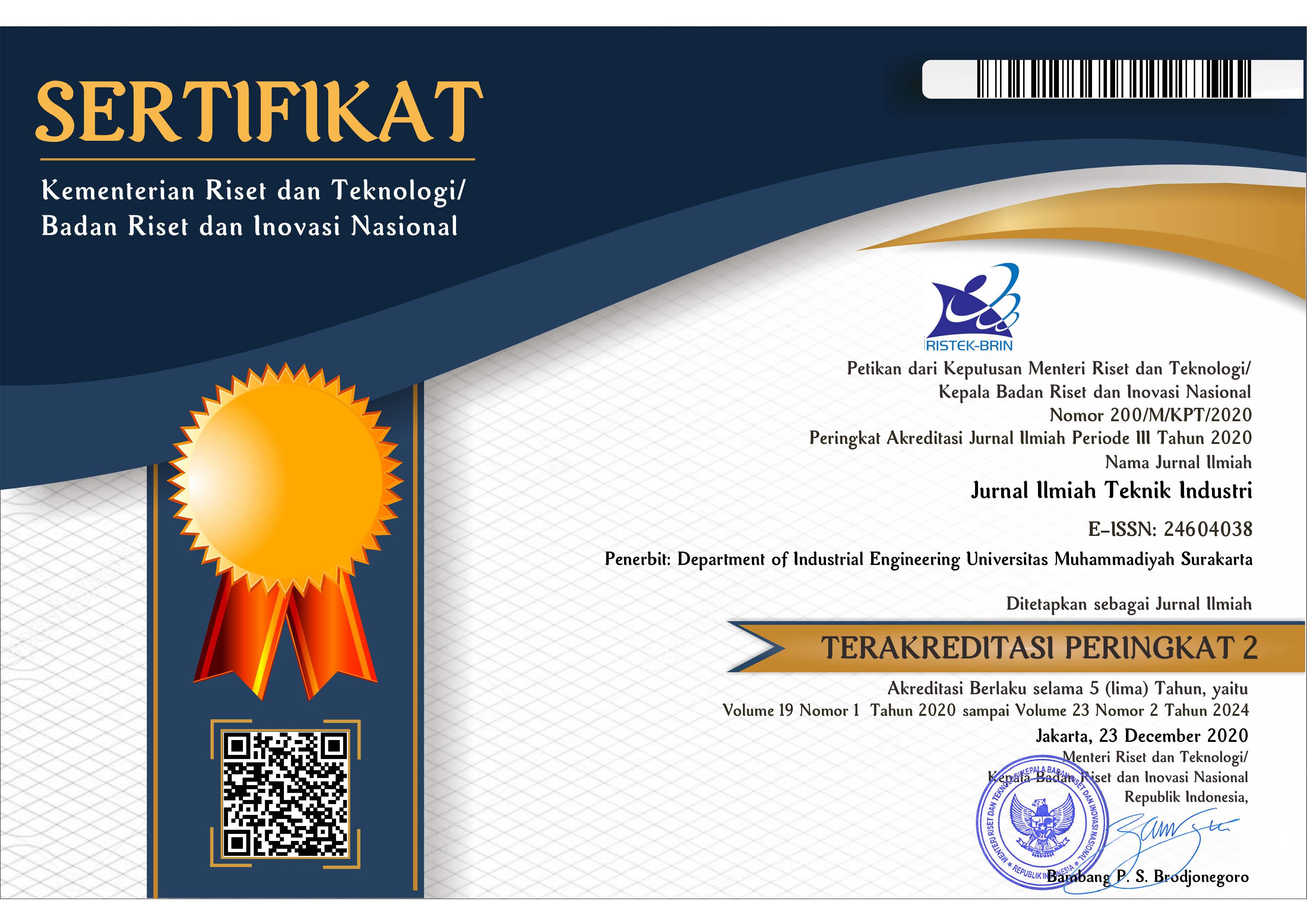Integrating Perceived Stress Scale, Principal Component Analysis, and Fuzzy Logic to Classify Stress Level
DOI:
https://doi.org/10.23917/jiti.v23i02.6357Keywords:
fuzzy logic, perceived stress scale, principal component analysis, stress mitigationAbstract
Modern life is filled with stress, adversely affecting both physical and mental health, as well as performance and organizational success. This study examines work stress and how gender, age, job tenure, marital status, and education level influence stress levels. Using a modified Perceived Stress Scale (PSS), Principal Component Analysis (PCA), and fuzzy logic, the study aims for precise stress measurement while addressing uncertainty. Linear regression assesses the effects of work experience and age, while parametric methods like the t-test and ANOVA analyze gender, marital status, and education level impacts. Results show no significant effect of work experience or age on stress, but substantial gender differences and considerable stress related to educational level, with those holding a 3-year degree experiencing more stress. The study recommends that companies offer training, adequate rest, and counseling to help manage stress and enhance productivity.
Downloads
Submitted
Accepted
Published
How to Cite
Issue
Section
License
Copyright (c) 2024 Jurnal Ilmiah Teknik Industri

This work is licensed under a Creative Commons Attribution 4.0 International License.











